THE PASSION OF DARKLY NOON (1995)
A man lost in the woods is rescued by a trucker, who takes him to a couple's home, where he becomes sexually obsessed with one of them…
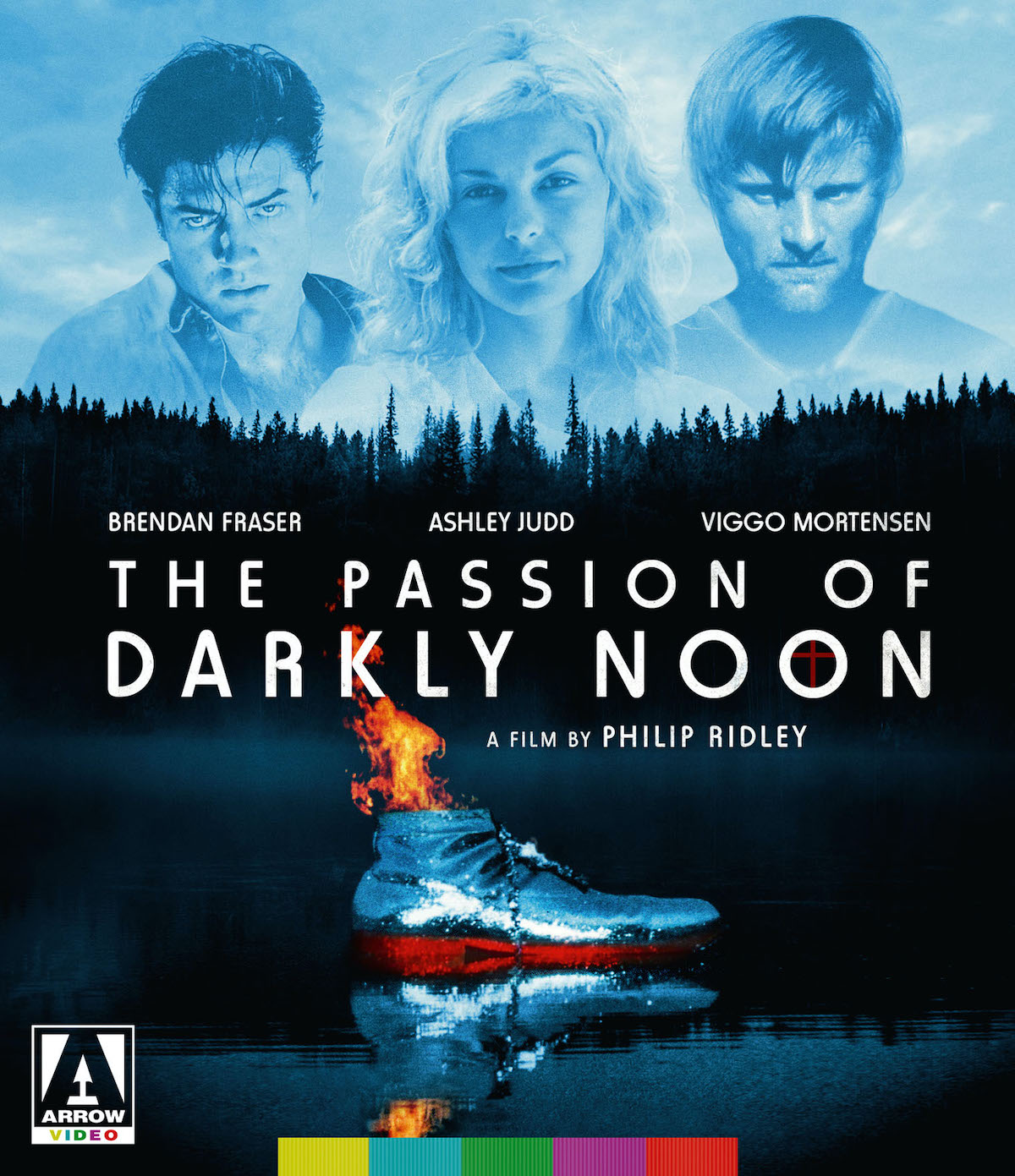
A man lost in the woods is rescued by a trucker, who takes him to a couple's home, where he becomes sexually obsessed with one of them…


In the early-1990s, English filmmaker Philip Ridley was on the verge of a commercial breakthrough. He’d already written the award-winning screenplay for Peter Medak’s The Krays (1990) and directed a cinematic wrecking-ball of a debut in The Reflecting Skin (1990)—the latter recognised by critics as a cult classic for fans of unconventional horror. With The Passion of Darkly Noon, he was hoping for his big breakthrough; a potential crossover success that didn’t compromise his Gothic, hallucinatory vision. Unfortunately, lightning rarely strikes twice, and Darkly Noon is no Reflecting Skin. It’s a half-baked instance of a director throwing disparate ideas against a wall and seeing what sticks. There’s an appeal to that approach and, taken on a scene-by-scene basis, there’s fun to be had in the often-shocking onslaught of eerie religious imagery and jerkily innovative editing, but Ridley’s unsubtle approach eventually smothers his own ambition.
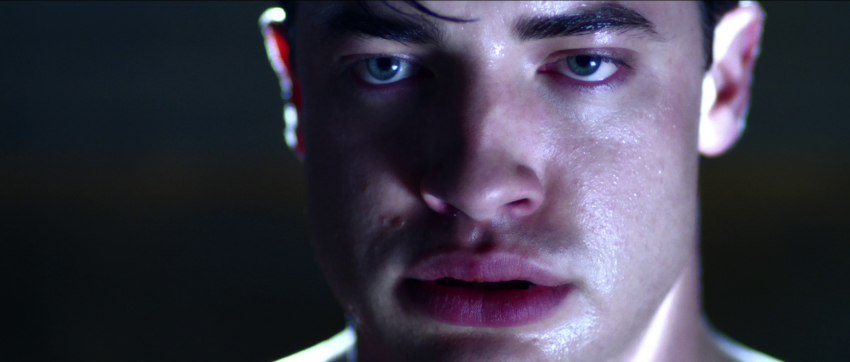
Setting the tone for the inscrutable film to follow, Darkly Noon opens with a stuttering and disoriented young man (Brendan Fraser) wandering out of the woods and passing out from exhaustion, only to be found by Jude (Loren Dean) and his friend Callie (Ashley Judd). The pair drive the unconscious man—whom we soon learn is a religious zealot named Darkly, as in The Bible passage “through a glass darkly”—back to Callie’s home to rest and wait for Callie’s boyfriend Clay (Viggo Mortensen) to return from a days-long walk in the woods. While they wait patiently for his homecoming, Darkly’s deeply repressed sexual urges start to emerge as he develops feelings for the more liberated Callie. There are shots abound of Darkly gawking at her rubbing ice on her chest, performing housework in skimpy outfits, and going swimming in nothing but a nightgown, just in case it wasn’t clear she’s beautiful and Darkly is, well, passionate.
It’s a familiar story in unconventional packaging: a repressed religious boy meets an attractive free-spirited girl and finds his faith tested by the feelings it inspires. That dynamic is disrupted, however, once Clay finally returns from his five-day jaunt. Darkly slowly begins to resent Cassie and Clay out of both jealousy and religious fury—their being unmarried is an affront to his ideas of family and sin. When he meets another fanatically religious woman in the woods named Roxy (Grace Zabriskie) and she instils in him the belief that Callie’s a sinner and a witch, Darkly rapidly goes off the deep end.
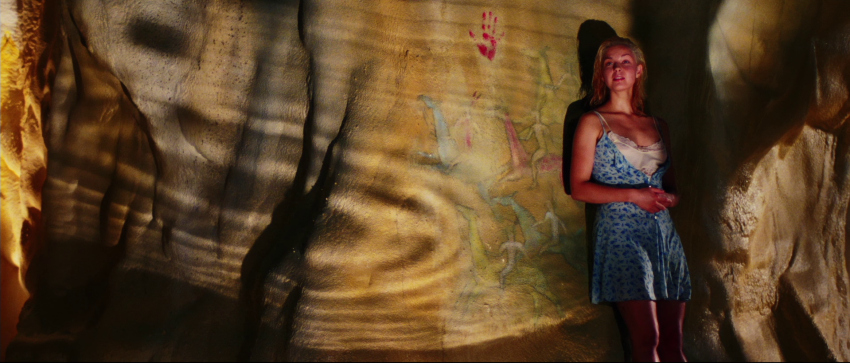
The initial impression is almost of a proto-Donnie Darko (2001) in the way it draws your attention to surreal dream-like images amidst ordinary life. In the film’s most famous moment, Darkly wakes up by a stream in the woods and sees a massive glittery shoe float slowly away downstream. We have no context for this image, but it’s certainly striking and highlights the fact Ridley’s a creator of images rather than a communicator of ideas. Moments like this are more effective outside of context than within it—when we finally get an explanation for this scene in the dying minutes of the film, it actually takes away a little bit of its fairytale wonder. The film’s entire visual style is maybe the easiest thing to recommend about it. Everything is tied together by title cards announcing how long since Darkly arrived at Callie’s home, and the bizarre editing and cinematography grow ever more erratic as things come to a boiling point. Unrelated conversations are intercut with each other, jump cuts abound, and every camera angle seems designed to put us into Darkly’s semi-crazed, frightened headspace. Golden hour lighting bathes just about everything in a yellow glow early on, and as it gradually transitions into vivid blue nighttime towards the third act, it becomes clear that the film’s tone is growing darker as well.
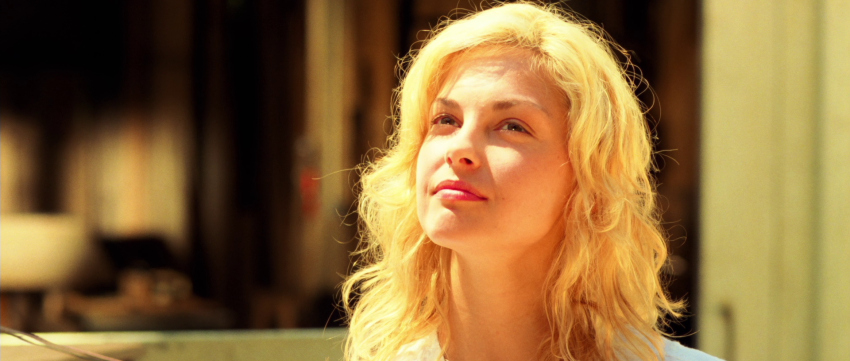
And that’s when things go wrong. There are some jarring scenes early on that foreshadow the film falling apart at the seams—one moment early on, Callie is giving Darkly a gentle pep talk, the next moment gunshots are going off outside, she’s grabbed a rifle off the wall, and is screaming “leave us alone” into the void while firing aimlessly towards an unseen entity in the woods. Still, nothing in the first two-thirds indicates just how quickly Darkly Noon goes from embodying the moodiness of Donnie Darko to the overblown silliness of Southland Tales (2006). At one point, Roxy and Darkly are carrying a dead dog through the forest chanting “Go to heaven! Go to Heaven! Dead dog!” before giving it a Viking funeral in the mysterious floating shoe. Literally moments later, Darkly’s hallucinating his parents sitting at the top of a tree while industrial drums pound in the background so loudly one can barely hear what’s being said. Nothing seems to make sense or check out with the movie that built up to it. It’s like Ridley had too many ideas and didn’t know how to fit them side-by-side comfortably. Whiplash-inducing tonal shifts take place one after another and the acting grows increasingly hysterical, eliminating much of the goodwill built up towards the flawed but engaging first hour.
By the end of the movie, Phillip Ridley has written himself into a corner and everything—the quiet tension, the mystery, the eerie atmosphere—has devolved into silly OTT hysterics and explosions. I’m sure champions of the film see this as a virtue—it escalates from a simmer to a raging boil before you know it, and it’s completely engaging if nothing else. The reality is that Ridley seems to have lost control of the material two-thirds into the script and resorted to (literal) pyrotechnics to distract from its increasing tonal incoherence. The film’s inscrutable final moments are the icing on the cake: deus ex machina strangeness for the sake of strangeness. I suppose some forgotten films were never destined for a re-evaluation.

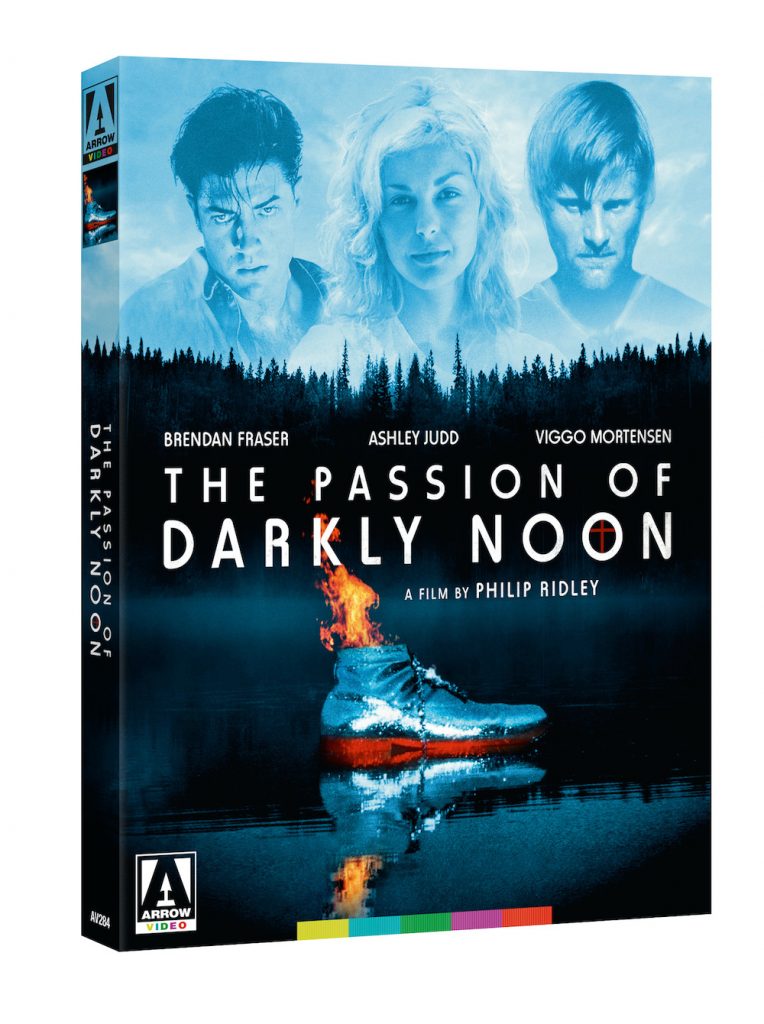

writer & director: Philip Ridley.
starring: Brendan Fraser, Ashley Judd, Viggo Mortensen & Loren Dean.
